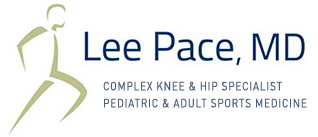- Shoulder Anatomy
- Shoulder Conditions
- Shoulder Procedures
Shoulder Labral Tear
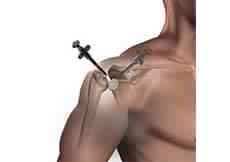
Your doctor may initially suggest conservative approaches such as prescribing anti-inflammatory medications and advise rest to relieve symptoms until diagnostic scans are performed.
Shoulder Instability
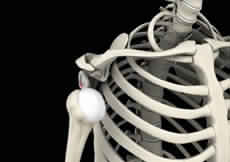
Shoulder instability is a chronic condition that causes frequent dislocation of the shoulder joint
Clavicle Fracture
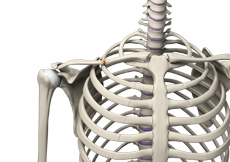
The break or fracture of the clavicle (collarbone) is a common sports injury associated with contact sports such as football and martial arts, as well as impact sports such as motor racing.
Frozen Shoulder

Frozen shoulder, also called adhesive capsulitis, is a condition in which you experience pain and stiffness in your shoulder.
Shoulder Dislocation
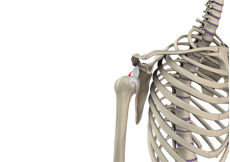
Sports that involve overhead movements and repeated use of the shoulder at your workplace may lead to sliding of the upper arm bone from the glenoid. The dislocation might be a partial dislocation (subluxation) or a complete dislocation causing pain and shoulder joint instability.
AC Joint Dislocation/Acromioclavicular Joint Dislocation
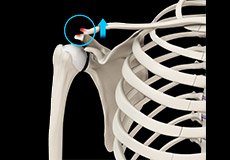
A dislocation occurs when the ends of your bones are partially or completely moved out of their normal position in a joint. A partial dislocation is referred to as a subluxation, whereas a complete separation is referred to as a dislocation.
Subluxation
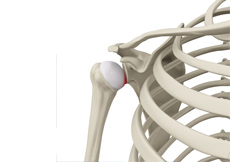
The shoulder is a highly mobile ball and socket joint. The ball of the upper arm bone (humerus) is held in place at the socket (glenoid) of the shoulder blade (scapula) by a group of ligaments.
SLAP Tears
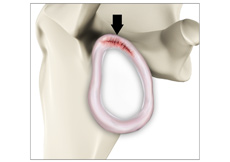
The term SLAP (superior –labrum anterior-posterior) lesion or SLAP tear refers to an injury of the superior labrum of the shoulder.
Little League Shoulder
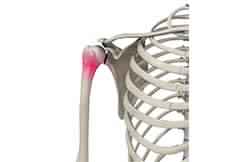
The upper arm bone is called the humerus. It forms the shoulder joint at the upper end and elbows joint at the lower end. In children, the bone continues from a region called the growth plate, which is found at the ends of the bone.
